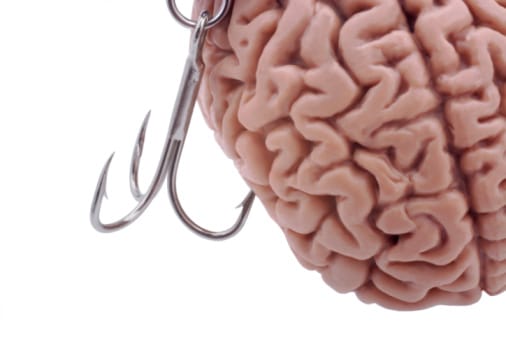Researchers have found that about half of the variation in how likely we are to become addicted is based on our genetics. For those who have never experienced addiction first hand, it can be easy to blame it on a lack of willpower. If addicts can see the damage they are doing to themselves and their loved ones, why don’t they just stop? Shouldn’t strength of will be enough? If they really wanted to stop using, they could, right? Unfortunately, overcoming addiction is far more complex than being a simple matter of willpower. Drugs and alcohol impact the chemistry of the brain, making recovery a challenge that requires more than the decision to stop using. Effect of Drugs on the Brain Researchers have been working for years to understand addiction and how it works in the brain. The picture that has emerged is very clear: addiction is a disease of the brain, and not a matter of willpower or lack thereof. To understand why willpower is not enough to get an addict in recovery, you need to know about brain chemicals and how drugs impact them. The brain communicates by sending signals via chemicals called neurotransmitters. These chemicals move from one neuron to another, sending messages within the brain and out to the rest of the body. One pathway of neurotransmitter signaling involves pleasure and reward. When you experience something pleasurable, like when someone says “I love you,” the neurotransmitter called dopamine is released and you feel good. This acts like a reward, and you are more likely to crave that loved feeling again, so that you can get the pleasurable feeling once more. If you take a drug, your brain gets flooded with dopamine and you feel really good. Different drugs cause this to happen in different ways, but the result is the same: you get a high. The flood of dopamine acts like a huge reward. Your brain tells you that you want to get that high again, which you can achieve by taking more of the drug. Your brain also begins to change as a result of the drug you have taken. In response to such a flood of dopamine, your neurons start making fewer receptors for the neurotransmitter. The unnaturally high amount of dopamine, in other words, signals to your brain cells that they should stop releasing so much. As a result, you start to feel less pleasure and you crave the drug even more. Without the drug, you feel down and even depressed. You need the drug just to feel normal again. The Role of Heredity If our brain’s reward system is so vulnerable to drugs and alcohol, why aren’t we all addicted? It turns out that our genes influence our susceptibility to addiction. By studying identical twins, who share the same genes, researchers have found that about half of the variation in how likely we are to become addicted is based on genetics. Some genes may make you less able to control your impulses. Other genes may actually protect you from addiction by better regulating the release of dopamine in your brain. Because of how they act in the brain, drugs are capable of making an addict out of anyone. When the actual chemistry of your brain changes because of drug use, giving up that drug becomes more of a challenge. It is nearly impossible to simply stop using based on willpower. Your brain is fighting you every step of the way and screaming at you to use again. Furthermore, you may be hampered by your own genetics. Coming clean from drugs and getting into recovery does require willpower, but it also requires support from others, professional help, and even medical assistance. It is a lifelong battle, in which willpower is just one weapon.

